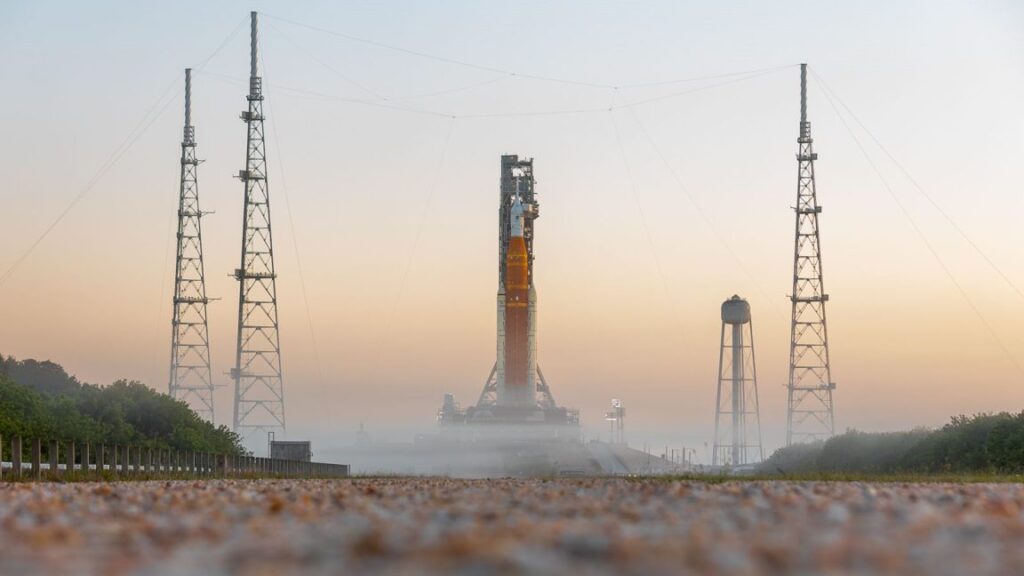Former NASA chief says United States likely to lose second lunar space race
The hearing, titled “There’s a Bad Moon on the Rise: Why Congress and NASA Must Thwart China in the Space Race,” had no witnesses who disagreed with this viewpoint. They included Allen Cutler, CEO of the Coalition for Deep Space Exploration, the chief lobbying organization for SLS, Orion, and Gateway; Jim Bridenstine, former NASA Administrator who now leads government operations for United Launch Alliance; Mike Gold of Redwire, a Gateway contractor; and Lt. General John Shaw, former Space Command official.
The hearing before the committee chaired by Cruz, Commerce, Science, and Transportation, included the usual mishmash of parochial politics, lobbying for traditional space, back slapping, and fawning—at one point, Gold, a Star Trek fan, went so far as to assert that Cruz is the “Captain Kirk” of the US Senate.
Beyond this, however, there was a fair amount of teeth gnashing about the fact that the United States faces a serious threat from China, which appears to be on course to put humans on the Moon before NASA can return there with the Artemis Program. China aims to land humans at the South Pole before the year 2030.
NASA likely to lose “race”
Bridenstine, who oversaw the creation of the Artemis Program half a decade ago, put it most bluntly: “Unless something changes, it is highly unlikely the United States will beat China’s projected timeline to the Moon’s surface,” he said.
Bridenstine and others on the panel criticized the complex nature of SpaceX’s Starship-based lunar lander, which NASA selected in April 2021 as a means to get astronauts down to the lunar surface and back. The proposal relies on Starship being refueled in low-Earth orbit by multiple Starship tanker launches.
Former NASA chief says United States likely to lose second lunar space race Read More »

